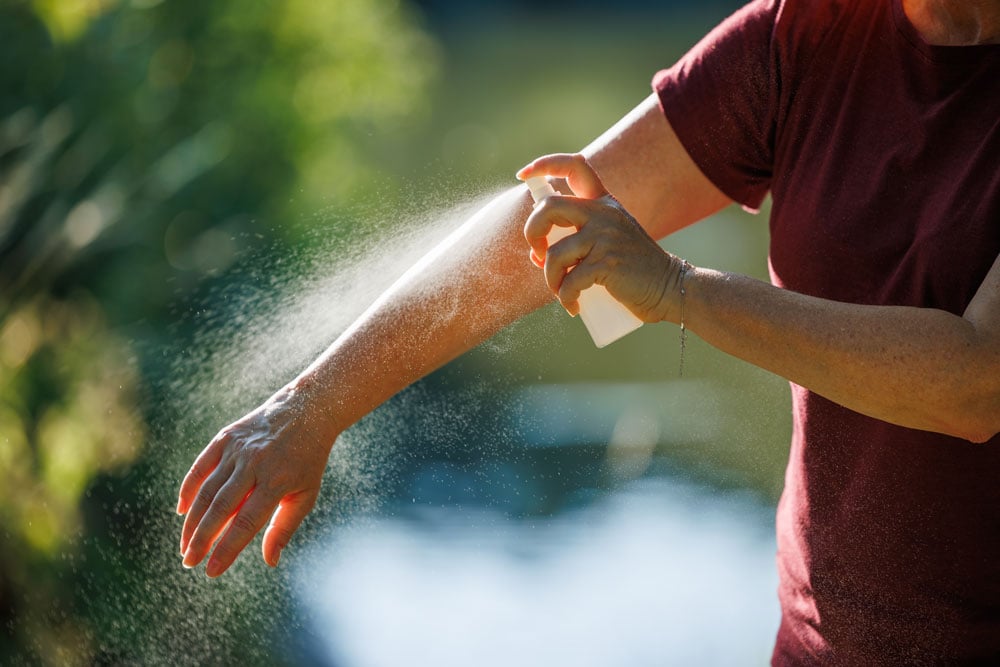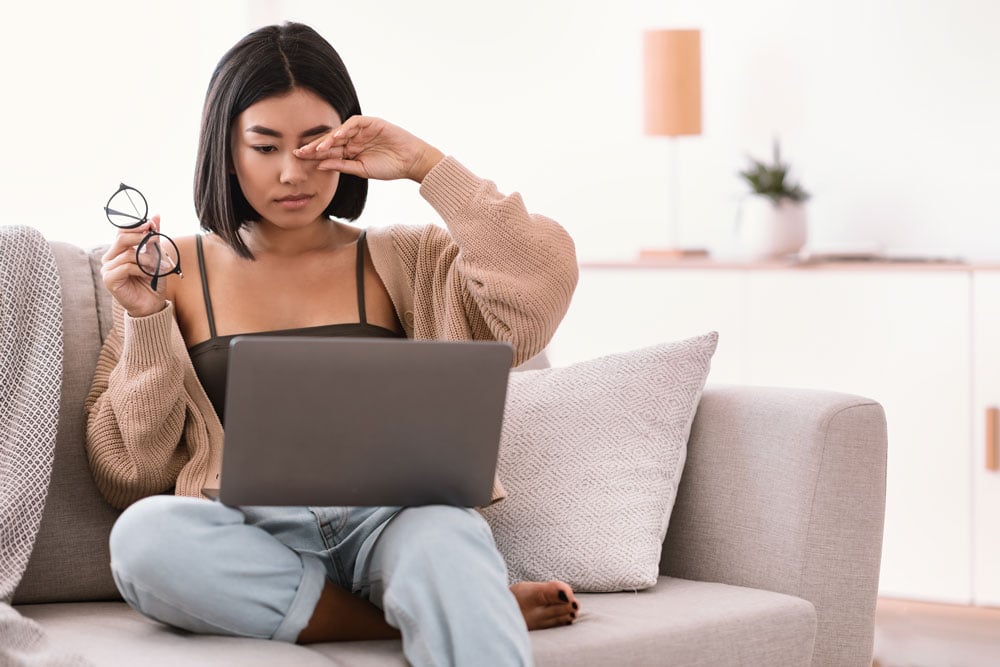Why Local Stylists, Barbers Are Caring For More Than Just People’s Hair
Community Care Behavioral Health's Our HAIR -- Health Access Initiative for Recovery -- program helps stylists identify signs of depression, substance use disorder and other struggles in clients’ lives.

TENEL DORSEY, OWNER OF DREAMZ SALON IN HOMESTEAD, TRAINS FOR UPMC HEALTH PLAN’S OUR HEALTH ACCESS INITIATIVE FOR RECOVERY PROGRAM WITH PROGRAM DIRECTOR LORI WEEMS. | PHOTO COURTESY OF UPMC HEALTH PLAN
Generations of Pittsburghers feel like they’re part of the family of their hair stylist or barber. And vice versa.
There’s something therapeutic about sitting in their swiveling chairs as they work their magic, scissors snipping and clippers buzzing. The best stylists know you, your kids, pets and everything you’re struggling with. They care about more than your hair.
Nearly 25 Pittsburgh-area stylists and barbers have taken their skills further by becoming certified wellness ambassadors through the Community Care Behavioral Health (part of UPMC Insurance Services Division) Our HAIR (Health Access Initiative for Recovery) program to give people of color a safe space to discuss the issues they are facing and point them in the right direction of resources available for the help they may need.
Lori Weems, Our HAIR program director, says the initiative meets people where they are and where they are comfortable.
“The stylists and barbers attend two days of training that help them to recognize signs of behavioral health disorders, such as depression, anxiety, trauma and substance use disorder, as well as suicide,” she explains.
Owner/Stylist Tennille Hill of Hair Counselor Salon in Mechanicsburg and Owner/barber Curtis Miller of Heirs LLC in East Liberty provide the training for the participants and the Allegheny County Health Department representative also trains them to use Narcan to prevent opioid overdoses.
“Black and brown people do not seek treatment for mental health at the same rate as the rest of the population does, but they experience it at the same rate,” says Weems. “There’s a lot of distrust among Black and brown communities within the health care system. But, they trust their barbers and stylists, and sometimes they’re the only people they ever talk to.”
She stresses the program does not identify the stylists and barbers as mental health professionals, adding they serve as ambassadors to point clients in the right direction of something they may need, such as access to a Black or brown therapist, housing, food or addiction rehabilitation/treatment.
Tim Jones, owner, stylist and trichologist with Salon Blue in Swissvale and a trained Our HAIR program participant, says he’s been a therapist to his clients for more than 20 years without realizing it.
“I have always asked my clients questions about how they feel and what brought them in for this consultation,” Jones says. “This program gives me an extra tool to help steer them in the right direction of treatment. I’m a friend when a friend isn’t available. I’m a listening ear when a listening ear isn’t available.”
One woman came into the salon and he says he instantly knew she was in crisis. He sat her down, looked her in the eye and asked her what was going on. She finally told him she was having a personal family issue that she had been dealing with for years and was unable to find a therapist she trusted.
“She wanted a Black woman therapist and every practice she tried said they were not accepting new patients,” he recalls. “The database we have has Black and brown therapists who are accepting new patients. With this program, I was able to get her the help she needed.”
He has also been able to help a client who wasn’t washing his hair and a homeless woman who couldn’t find the right channels to connect with.
Jones says the Our HAIR program highlights the relationships between stylists and their clients, something he has always strived to cultivate from the second they walk through the door.
“I let them know I am not here to poke and prod; I truly care about them,” he adds. “I also let them know while I am there to help, there is a give and take; they need to participate if they want to become well.”
Weems says not everyone touched by the Our HAIR program needs mental health treatment; some may just need help with basic life resources. Clients may not be ready for therapy, but the program can help plant the seed with them.
“This is something that takes time,” she adds. “The stigma around mental health, the distrust, racism and trauma happen in our community. A lot of these things are normalized because we are told not to speak about things and to be strong. Some people might not even realize they’re living in dysfunction.”
Pittsburgh-area stylists and barbers who have finished the training and are now wellness ambassadors, in addition to Jones, include:
- Andrese Wright – Wright Hair Salon, West Mifflin
- Sacoyia Bennett – Wright Hair Salon, West Mifflin
- Aaron Knight – Knight’s A Cut Above Barbershop, Homestead
- Adin Knight – Knight’s A Cut Above Barbershop, Homestead
- Aaron Knight Jr. – Knight’s A Cut Above Barbershop, Homestead
- Saundra Knight – Knight’s A Cut Above Barbershop, Homestead
- Tenel Dorsey – Dreamz Hair Salon, Homestead
- Dominique Brown – Dreamz Hair Salon, Homestead
- Dallas Timbers – Dreamz Hair Salon, Homestead
- Malcolm Williams – Dreamz Hair Salon, Homestead
- Wahad Ansari – Professional Barber Institute, Homewood North
- Chakirah Coleman – Traveling Stylist
- Amber Slaughter – A.Slay Aesthetics, Penn Hills
- Anthony Jefferson – Marc Anthony Hair Salon, Oakland
- Nate Mitchell – Natural Choice Barber Shop, Oakland
- Monica Smith – Salon XO, Uptown
- Deja Tillman – Salon XO, Uptown
- Nicole Thomas – Sophisticated Hair Design by Nikki, Monroeville
Weems says five more stylists and barbers are finishing the training and the program is expanding to Coatesville in Chester County, with the help of the Alliance for Health Equity.














